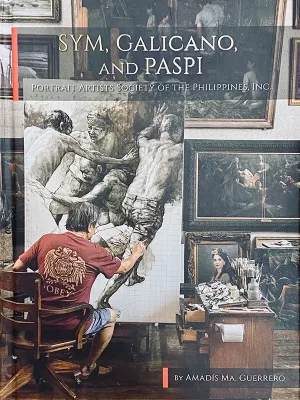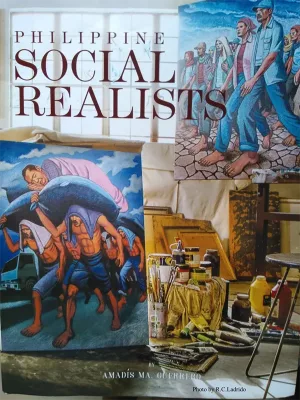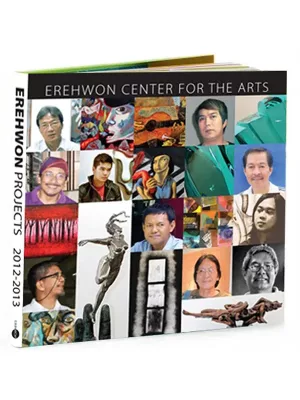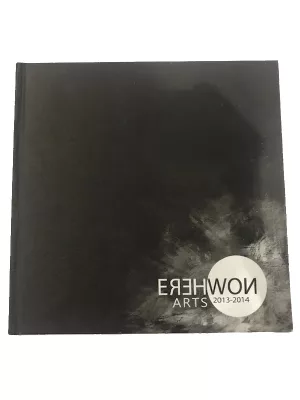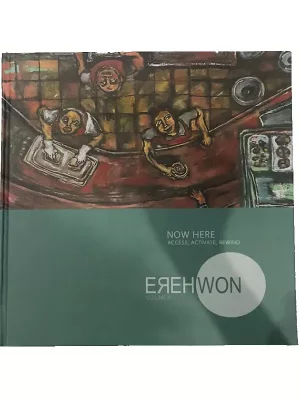
Forecasts of stormy weather could not stop the cast and production crew of “Huwag Mo Kaming Hawakan,” an adaptation of Jose Rizal’s classic novel, “Noli Me Tangere,” from staging the show with full dedication. Neither could a smattering of rains stop an enthusiastic audience from trooping in to watch the theater play at the Erehwon grand outdoor stage. Produced by Artist Playground, it was presented by Erehwon Center for the Arts as a free show last September 18, 2024, true to its mission of making art and culture accessible to the masses.
Set in the 19th century Philippines during the Spanish colonial rule, the play follows the lives of various characters from Rizal’s novel, who are grappling with the relentless burden of societal expectations and the consequences of compromising their integrity. The narrative primarily revolves around the central character, Crisostomo Ibarra, a young idealist returning to his homeland after studying abroad.
As the story unfolds, Ibarra encounters an array of individuals entangled in a web of deceit and moral decay. Through their interconnected stories, the play explores the multifaceted impact of losing one’s identity and honor. Ibarra’s journey serves as a lens through which the audience witnesses the tragic consequences of succumbing to societal pressures, compromising values, and abandoning personal convictions.
The play delves into the internal struggles faced by each character as they navigate a society rife with corruption, injustice, and social inequality. It sheds light on the choices they make in their pursuit of power, acceptance or survival, often at the expense of their integrity. As the characters confront their own inner demons, the audience witnesses the profound psychological and emotional toll of such compromises.
"Huwag mo kaming Hawakan, Noli Me Tangere" skillfully weaves together poignant dialogues, evocative visuals, and powerful performances to emphasize the profound impact of losing one’s identity and honor. The play is a reminder of the timeless relevance of Rizal’s themes, urging audiences to reflect on the consequences of sacrificing personal integrity for societal acceptance or personal gain.



